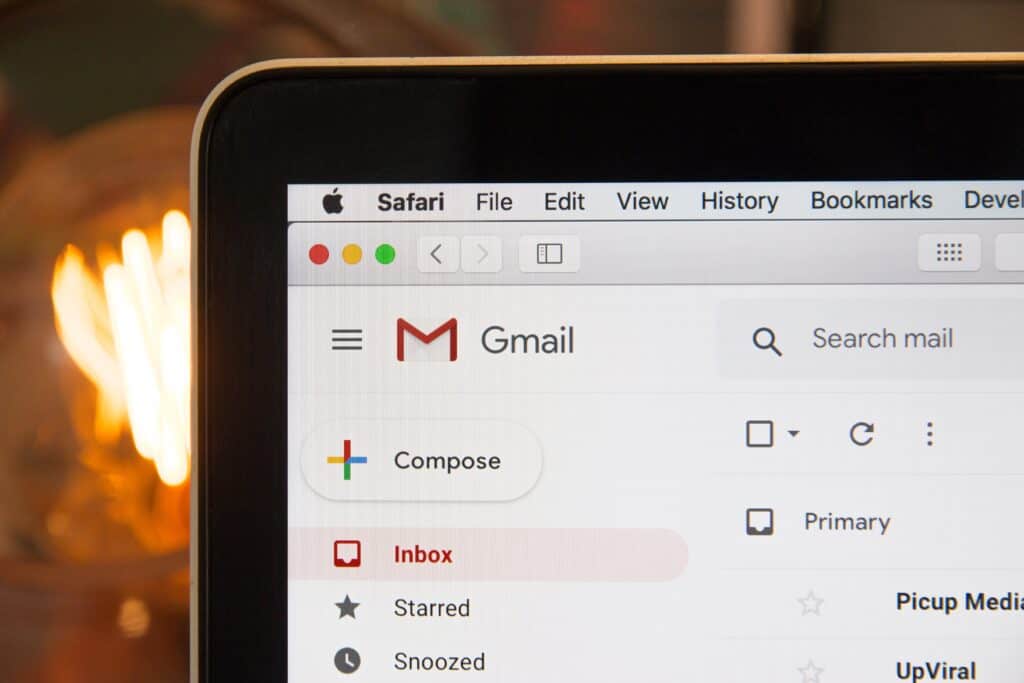Unsurprisingly, law firms are major targets for cyberattacks and data breaches. Adopting data security best practices for law firms is essential for protecting sensitive client information and maintaining the integrity of the firm’s operations.
In fact, in 2020 the American Bar Association found that nearly 30% of surveyed firms had experienced a data breach. Only 34% had developed an incident response plan or implemented training — a concerningly small percentage.
Because legal firms handle confidential client information — including personal details as well as financial details for billing — alongside intellectual and proprietary data, they must ensure they follow cybersecurity best practices.
In this blog, we’ll outline crucial steps to making sure your law firm provides the most effective data protection for you and your clients.
[Related: The Importance of Cybersecurity for Engineering Firms]
Staff Education and Training
Your first line of defense in terms of cybercrime starts with your staff’s knowledge and awareness. Cybersecurity education and training are essential to knowing how to avoid, identify and respond to threats and improve security.
Offer regular security training that outlines what to look for regarding tactics like phishing and ransomware, as well as how to handle sensitive data and devices. Additionally, be sure each staff member knows what they’re responsible for in the event of a breach.
Be Aware of Threats
Another huge step toward being more secure is to simply be aware of the different threats that put law firms at risk. Common threats to law firms include the following:
- Ransomware uploaded through suspicious email attachments
- “Hacktivists” who take issue with your firm’s business or certain cases
- Accidental data exposure via human error
- Viruses that harm any computers with outdated software
By being aware of these threats and implementing data security best practices for your law firm, you can better protect your firm. Regular cybersecurity training will ensure you and your team know how to deal with these risks, giving you greater confidence that your data remains safe.
[Related: Accounting Firms’ Guide to Safeguarding Client Data]
Use Strong Passwords
Weak passwords are the root cause of over 80% of all data breaches, according to a 2022 Verizon report.
Ideally, passwords should contain a unique combination of numbers, upper- and lowercase letters and several symbols. Nevertheless, many people still rely on easy-to-remember words or phases that they use repeatedly.
To keep your law firm’s data and network secure, you need to enforce strong password use. Consider implementing a password manager system (such as LastPass) to generate, store and safely share passwords across your firm.
Maintain a Solid Backup System
It’s critical to have a solid backup system in place where you can easily recover your law firm’s data if a security incident occurs. This is essential to maintaining business continuity and avoiding costly downtime. Furthermore, routine cloud backups and data storage can give you peace of mind by protecting data from threats like ransomware and other device-specific risks.
[Related: Mobile Device Security Checklist for Construction Companies]
Encrypt Your Data
Encryption is a primary defense in terms of data security best practices for law firms.
What exactly is encryption? It’s the process of altering information to make it unreadable by anyone other than whom it was meant for or anyone with a key that allows them to revert the information.
To ensure your law firm’s information is safe, require that all staff encrypt email, cloud applications and any other information on personal or portable devices.
Manage and Vet Third-Party Vendors
Because law firms work with a variety of vendors and third-party workers, these interactions unfortunately create more cybersecurity vulnerabilities. Firms should also incorporate data security best practices when vetting third-party vendors, ensuring they undergo the same security training, practice and protocol as regular staff.
Additionally, conduct periodic on-site security assessments and review vendor agreements to confirm they follow correct cybersecurity policies and procedures in case of a breach.
[Related: Cybersecurity Checklist for the Hotel Industry]
Partner With a Professional IT Company Like CMIT Solutions
Maintaining best security practices for your law firm is paramount.
Fortunately, partnering with a professional IT company can keep you informed and current on cyber threats and the best protection methods. Managed IT services providers like CMIT Solutions offer 24/7 monitoring and support, which helps safeguard your data.
At CMIT Solutions of Bellevue, we specialize in providing managed IT services for a variety of industries, including law firms. We’ll help you stay on top of your tech needs and ensure all your information — and your clients’ information — stays secure.
Contact us today to get started.
Featured image via Pexels






